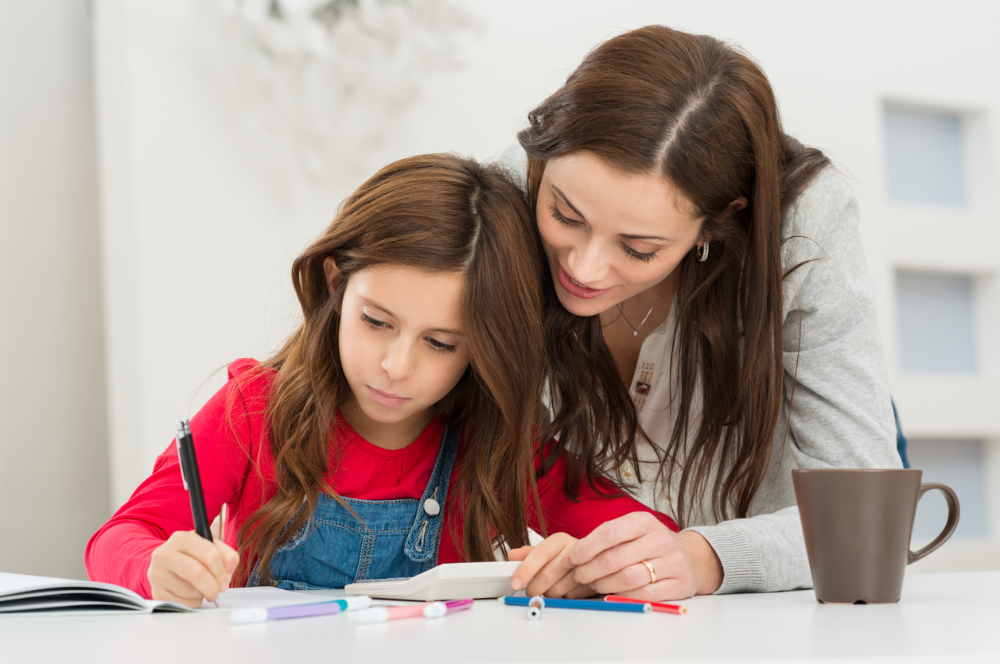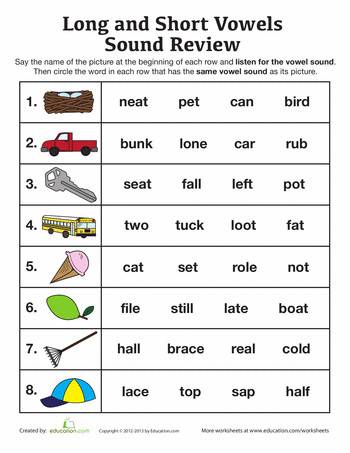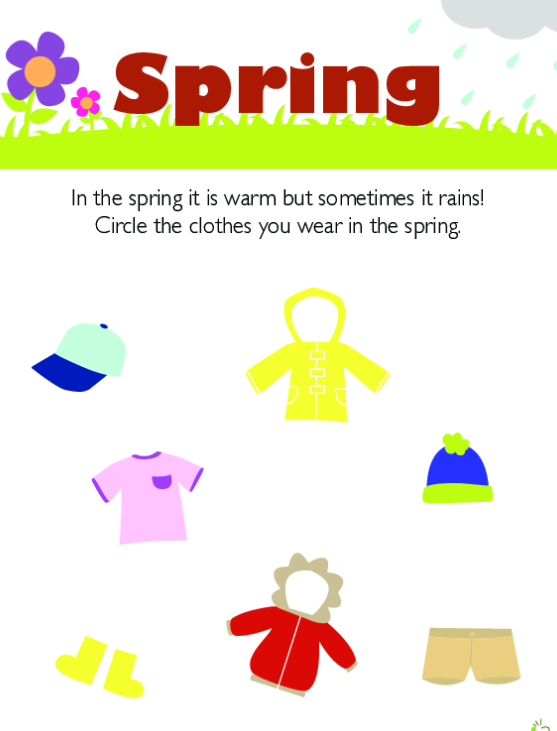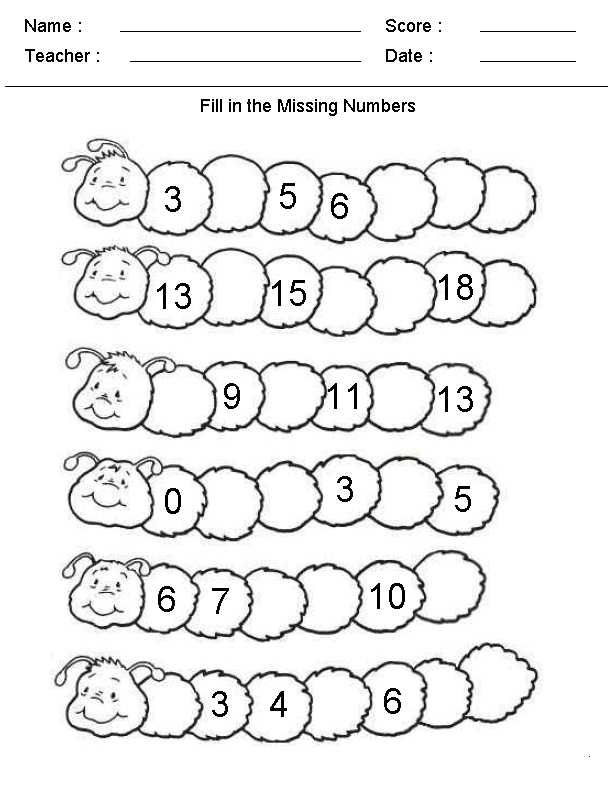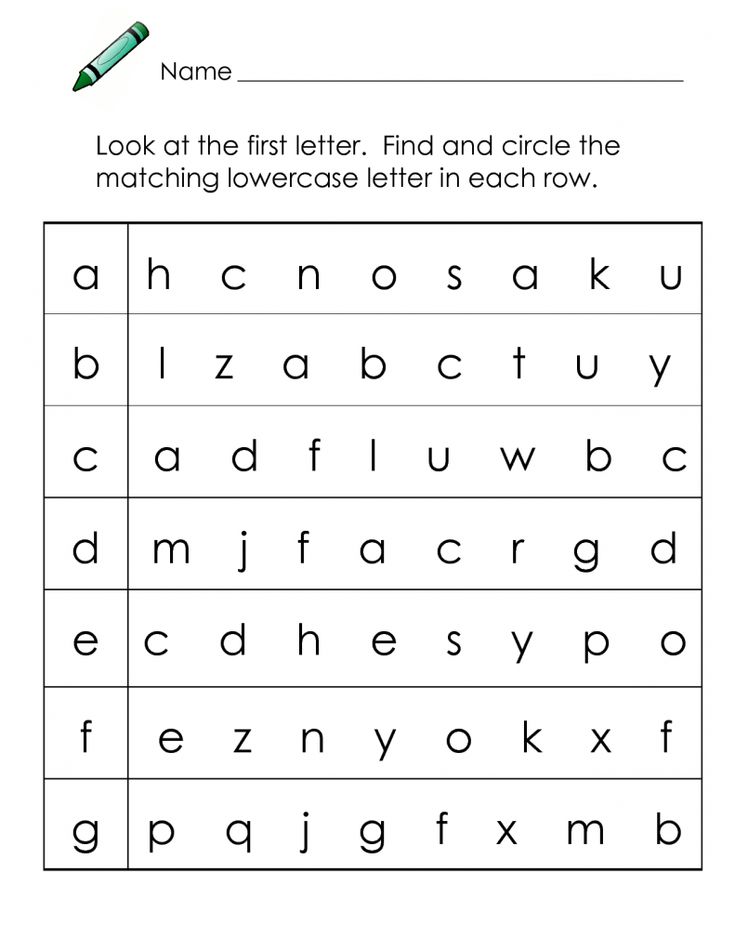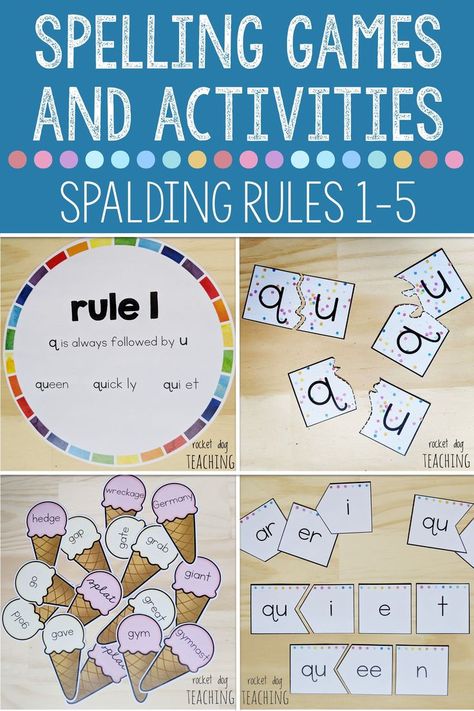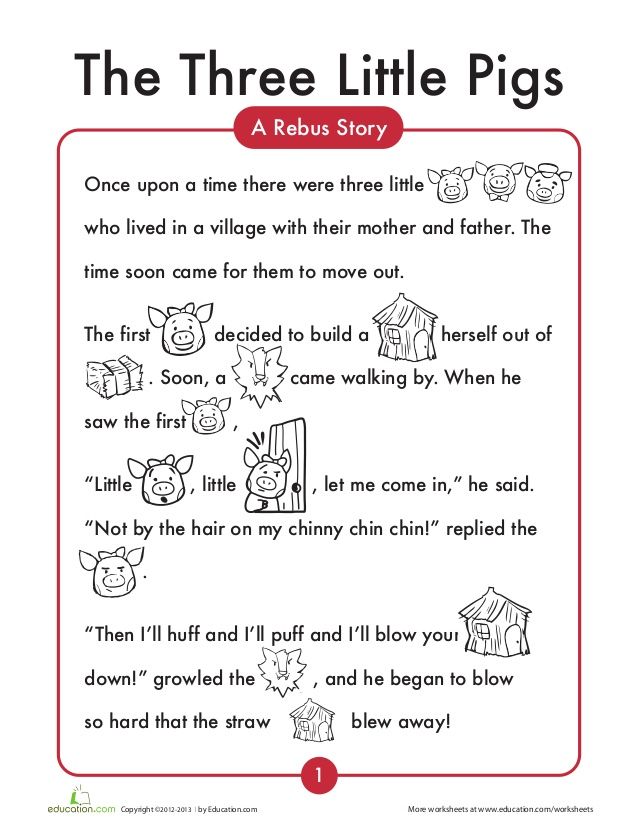Help children write
Helping Young Children Develop Strong Writing Skills
On this page
- Why is writing important?
- What Can You Do?
- Ideas for Parents: How to Help Your Child Become a Stronger Writer
Note: This article was adapted from two articles written by the U.S. Department of Education and was compiled by Colorín Colorado.
Writing is an important part of our daily lives. It is, however, a difficult skill to learn and master. By getting a head start with some simple activities, you can help your child begin to develop her writing skills at an early age. By doing so you will be contributing to her future success as a student and as an adult while teaching her how to express herself.
In this article, we provide some reasons that writing is an important skill for people of all ages, as well as a list of suggestions that will help your child become a stronger writer.
Why is writing important?
Writing is practical.
Every day, we need to write in order to complete our tasks, whether we are filling out a form at the doctor's office or writing an important letter. These tasks require us to write clearly, and organize information effectively.
Writing is an important element of a student's education.
Whether students are writing by hand or on the computer, many assignments and exams require students to write short answers or longer essays as a way of assessing what they have learned. As students get older, they will be expected to show more sophisticated writing skills, and to complete more sophisticated tasks through their writing. In addition, many colleges and universities require students to write essays as part of their admissions application.
Writing can be an important element of an employee's job.
Employees in many kinds of jobs are required to write on a daily basis. Perhaps they are taking phone messages and doing administrative work, or writing research reports and newspaper articles. Whatever the task, their ability to do their job well may depend on their ability to write. Many job applicants also must submit a resumé and a letter of application when applying to a new job.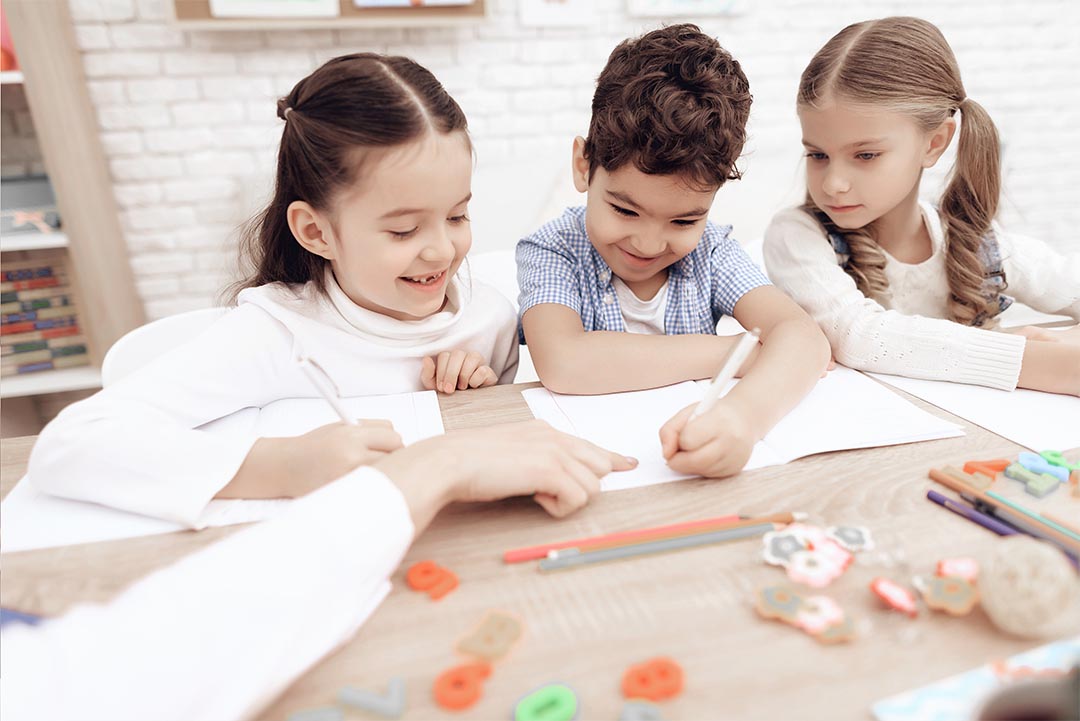
Writing is an important form of communication.
Writing letters and emails is a common way of keeping in touch with our friends, relatives, and professional colleagues. Writing is frequently the final stage in communication when we want to leave no room for doubt, which is why we write and sign contracts, leases, and treaties when we make important decisions.
Writing can be an important outlet.
Many people find writing to be therapeutic, and a helpful way to express feelings that cannot be expressed so easily by speaking.
What Can You Do?
It's important to remember that writing can be as difficult a subject to teach and assess as it is to learn. Many students have trouble writing with clarity, coherence, and organization, and this can discourage them from writing if they feel frustrated.
That's where parent involvement can make a big difference. Encouraging your child to develop strong writing skills at a young age, and to become a better writer as she gets older, can have a lifelong positive impact on her writing, and may make writing an easier and more enjoyable process for her
To get you started, the Department of Education offers a number of ideas of things you can do help your child become a stronger writer. While many of these ideas apply to younger children, they can be adapted for older children as well. To learn more about ways to support your children if they continue to struggle with writing in middle and high school, read Tips for Parents of Struggling Adolescent Writers.
While many of these ideas apply to younger children, they can be adapted for older children as well. To learn more about ways to support your children if they continue to struggle with writing in middle and high school, read Tips for Parents of Struggling Adolescent Writers.
Ideas for Parents: How to Help Your Child Become a Stronger Writer
What You Need
- Pencils, crayons, or markers
- Yarn or ribbon
- Writing paper or notebook
- Cardboard or heavy paper
- Construction paper
- Safety scissors
Before getting started
Provide a place
It's important for your child to have a good place to write, such as a desk or table with a smooth, flat surface. It's also crucial to have good lighting.
Provide the materials
Provide plenty of paper (lined and unlined) and things to write with, including pencils, pens, and crayons.
Brainstorm
Talk with your child as much as possible about her ideas and impressions, and encourage her to describe people and events to you.
Activities for young children
Encourage the child to draw and to discuss her drawings
Ask your child questions about her drawings such as:
"What is the boy doing?"
"Does the house look like ours?"
"Can you tell a story about this picture?"
Show an interest in, and ask questions about, the things your child says, draws, and may try to write.
Ask your child to tell you simple stories as you write them down
Copy the story as your child tells it, without making changes. Ask her to clarify anything you don't understand.
Encourage your child to write her name
Practice writing her name with her, and point out the letters in her name when you see them in other places (on signs, in stores, etc.). She may start by only writing the first few letters of her name, but soon the rest will follow.
Use games
There are numerous games and puzzles that help children with spelling while increasing their vocabulary. Some of these may include crossword puzzles, word games, anagrams, and cryptograms designed especially for children. Flash cards are fun to use too, and they're easy to make at home.
Some of these may include crossword puzzles, word games, anagrams, and cryptograms designed especially for children. Flash cards are fun to use too, and they're easy to make at home.
Turn your child's writing into books
Paste her drawings and writings on pieces of construction paper. For each book, make a cover out of heavier paper or cardboard, and add special art, a title, and her name as author. Punch holes in the pages and cover, and bind the book together with yarn or ribbon.
Day-to-Day Activities
Make sure your child sees you writing
She will learn about writing by watching you write. Talk with her about your writing so that she begins to understand why writing is important and the many ways it can be used.
Encourage your child to write, even if she's scribbling
Give your child opportunities to practice writing by helping her sign birthday cards, write stories, and make lists.
As your child gets older, write together
Have your child help you with the writing you do, including writing letters, shopping lists, and messages.
Suggest note-taking
Encourage your child to take notes on trips or outings, and to describe what she saw. This could include a description of nature walks, a boat ride, a car trip, or other events that lend themselves to note-taking.
Encourage copying
If your child likes a particular song, suggest that she learn the words by writing them down. Also encourage copying favorite poems or quotations from books and plays.
Encourage your child to read her stories out loud
As your child gets older, ask her to share her stories with you. Listen carefully without interrupting, and give her positive feedback about her ideas and her writing!
Hang a family message board in the kitchen
Offer to write notes there for your child.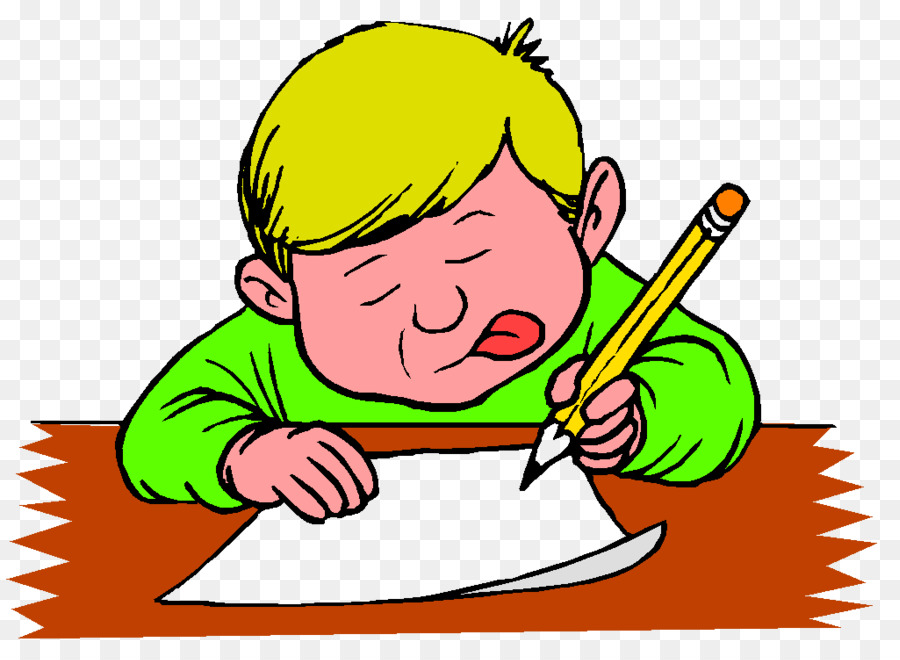 Be sure that she finds notes left there for her.
Be sure that she finds notes left there for her.
Help your child write letters and emails to relatives and friends
These may include thank you notes or just a special note to say hello. Be sure to send your child a letter or card once in awhile too so that she is reminded of how special it is to get a letter in the mail. Consider finding a pen pal for your child.
Encourage keeping a journal
This is excellent writing practice as well as a good outlet for venting feelings. Encourage your child to write about things that happen at home and school, about people she likes or dislikes and why, and about things she wants to remember and do. If she wants to share the journal with you, read the entries and discuss them together.
Things to remember
Allow time
Help your child spend time thinking about a writing project or exercise. Good writers often spend a lot of time thinking, preparing, and researching before starting to write. Your child may dawdle, sharpen a pencil, get papers ready, or look up the spelling of a word. Be patient — this may all be part of her preparation.
Your child may dawdle, sharpen a pencil, get papers ready, or look up the spelling of a word. Be patient — this may all be part of her preparation.
Respond to your child's writing
Respond to the ideas your child expresses verbally or in writing. Make it clear that you are interested in what the writing conveys, which means focusing on "what" the child has written rather than "how" it was written. It's usually wise to ignore minor errors, particularly at the stage when your child is just getting ideas together.
Praise your child's writing
Take a positive approach and find good things to say about your child's writing. Is it accurate? Descriptive? Original? Creative? Thoughtful? Interesting?
Avoid writing for your child
Don't write a paper for your child that will be turned in as her work, and don't rewrite your child's work. Meeting a writing deadline, taking responsibility for the finished product, and feeling ownership of it are also important parts of the writing process.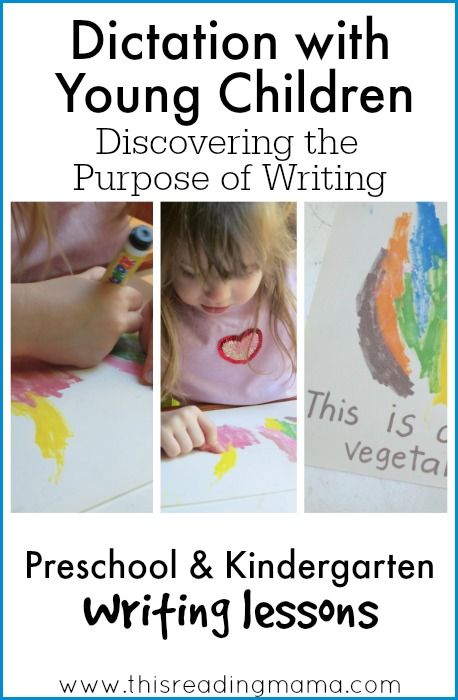
Help your child with her writing as she gets older
Ask your child questions that will help her clarify the details of her stories and assignments as they get longer, and help her organize her thoughts. Talk about the objective of what she is writing.
Provide your child with spelling help when she's ready for it
When your child is just learning how to read and write, she may try different ways to write and spell. Our job is to encourage our children's writing so they will enjoy putting their thoughts and ideas on paper. At first, your child may begin to write words the way that she hears them. For example, she might write "haf" instead of "have", "frn" instead of "friend", and "Frd" instead of "Fred." This actually is a positive step in developing her phonemic awareness. Keep practicing with her, and model the correct spelling of words when you write. As your child gets older and begins to ask more questions about letters and spelling, provide her with the help she needs.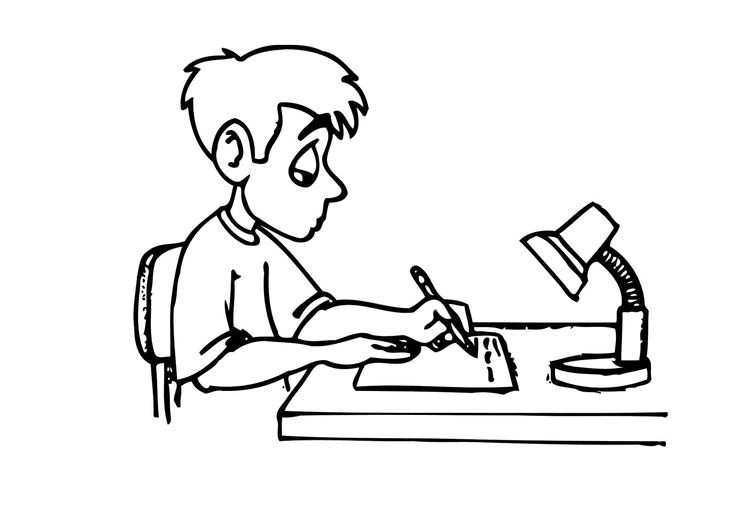
Practice, practice, practice
Writing well takes lots of practice, so make sure your child doesn't get discouraged too easily. It's not easy! Give her plenty of opportunities to practice so that she has the opportunity to improve.
Read together
Reading and writing support each other. The more your child does of each, the better she will be at both. Reading can also stimulate your child to write about her own family or school life. If your child has a particular favorite story or author, ask her why she thinks that story or that person's writing is special.
As you read and write more with your child, you will be building an important foundation, and taking steps that will help your child to become a better reader, writer, and student. Your efforts now will make a difference — and it may be just the difference that your child needs to succeed!
References
U.S. Department of Education. Office of Educational Research and Improvement, Archived Information.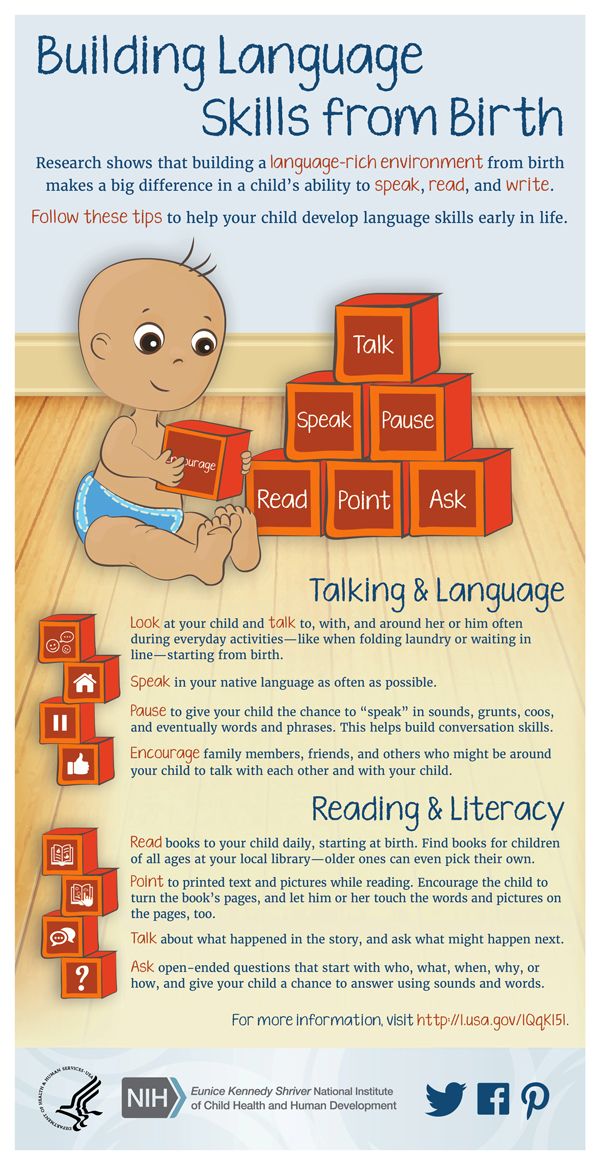 "Help Your Child Learn to Write Well." http://www.ed.gov/pubs/parents/Writing/index.html.
"Help Your Child Learn to Write Well." http://www.ed.gov/pubs/parents/Writing/index.html.
U.S. Department of Education. Parent Section: Helping Your Child Become a Reader. "Write On!" http://www.ed.gov/parents/academic/help/reader/part5.html#write.
Reprints
You are welcome to print copies or republish materials for non-commercial use as long as credit is given to Colorín Colorado and the author(s). For commercial use, please contact [email protected].
Major support provided by our founding partner, the American Federation of Teachers, AFL-CIO.
With generous support provided by the National Education Association.
ADVERTISEMENT
Most Popular
10 Strategies for Building Relationships with ELLs
Culturally Responsive Instruction for Holiday and Religious Celebrations
Language Objectives: The Key to Effective Content Area Instruction for English Learners
Supporting ELLs in the Mainstream Classroom: 12 Strategies for Language Instruction
Tweets by @ColorinColorado
7 Great Ways to Encourage Your Child's Writing
By: Amanda Morin, Understood
1.
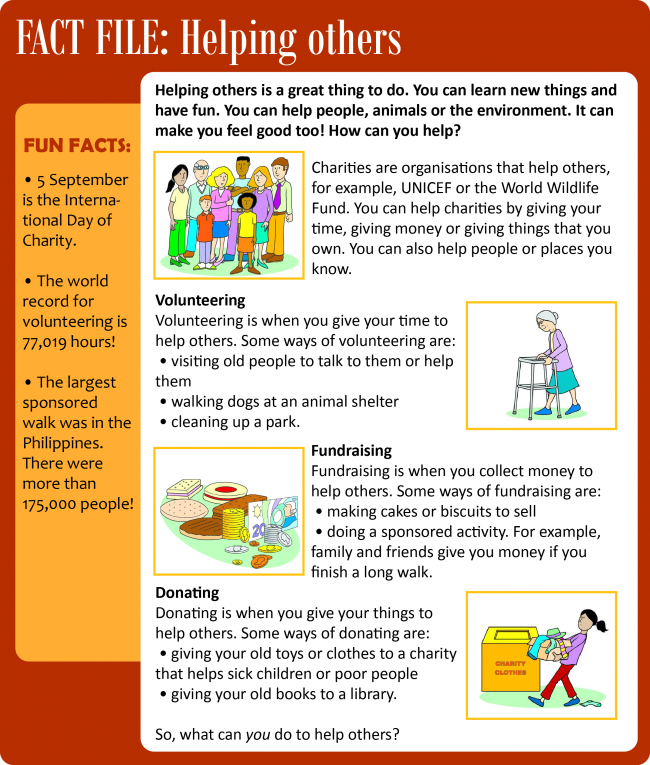 Write a “Convince Me!” letter
Write a “Convince Me!” letterWriting isn’t just about telling stories or reporting on books. There are many ways your child can use words, including trying to convince others to agree with her. You can help her practice this type of writing by letting her argue with you—in writing!
Choose a topic you don’t agree on, such as allowance or bedtime. Have your child write you a letter trying to convince you to change your mind. The catch? She has to use facts, quotes and logic to back up her argument.
2. Play a game with pictures
Photos and images are great story sparkers. Do a web search and find a few interesting images. Or cut out pictures from magazines. The pictures can be realistic, such as a photo of students on a playground. Or they can be fantastical images, such as a superhero flying in space.
Glue a couple images into a notebook. Then ask your child to write about one of them. You can prompt her, asking her to include what she sees, what the people are thinking, what will happen next—or just let her imagination run free.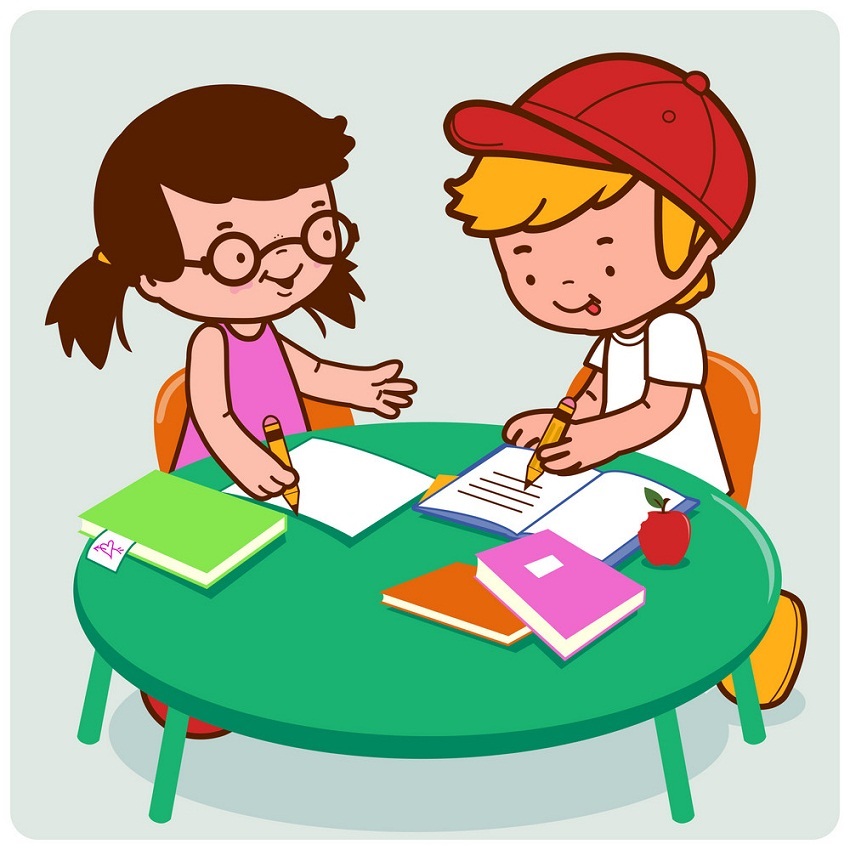
3. Play “Tell Me How”
In this activity your child pretends she’s writing to a space alien who doesn’t know anything about our culture. This alien does everything exactly as it’s said or written.
Your child’s job is to choose an everyday task, like brushing her teeth or making a sandwich. Then, she needs to write step-by-step directions about how to do the task for the alien. When she’s done, you get to be the alien and try to follow the steps exactly as she wrote them. She may be surprised at what she left out!
4. Make an “I Can” book
As your child learns to write, she’ll also be learning other new skills. Making an “I Can” book will let her practice writing skills and keep track of her other accomplishments. Staple together a bunch of blank sheets of paper to make a book. As your child reaches a new milestone, such as learning to tie her shoes or hit a baseball, she can draw a picture on a new page of the book. Younger kids can then write, “I can tie my shoes. ” Older kids can write a few sentences about what they’ve accomplished.
” Older kids can write a few sentences about what they’ve accomplished.
5. Play “Fortunately/Unfortunately”
This turn-taking writing game is based on a classic kids’ book by Remy Charlip called Fortunately. In it, something lucky happens and then something unlucky happens. Each event is introduced by either the word “fortunately” or the word “unfortunately.”
To play, take a piece of paper and write a sentence beginning with “Fortunately,” such as “Fortunately it was a sunny day. I wanted to play outside.” Pass the paper to the next player, who will add an “unfortunately” sentence, such as “Unfortunately, I had to clean my room.” Keep going until the story is too silly to continue.
6. Make a journal jar
A journal doesn’t have to be a diary. It can also be a book where your child writes about ideas or answers questions, like “If you could do anything next summer, what would you choose?” A journal jar is a place to keep all those ideas and questions.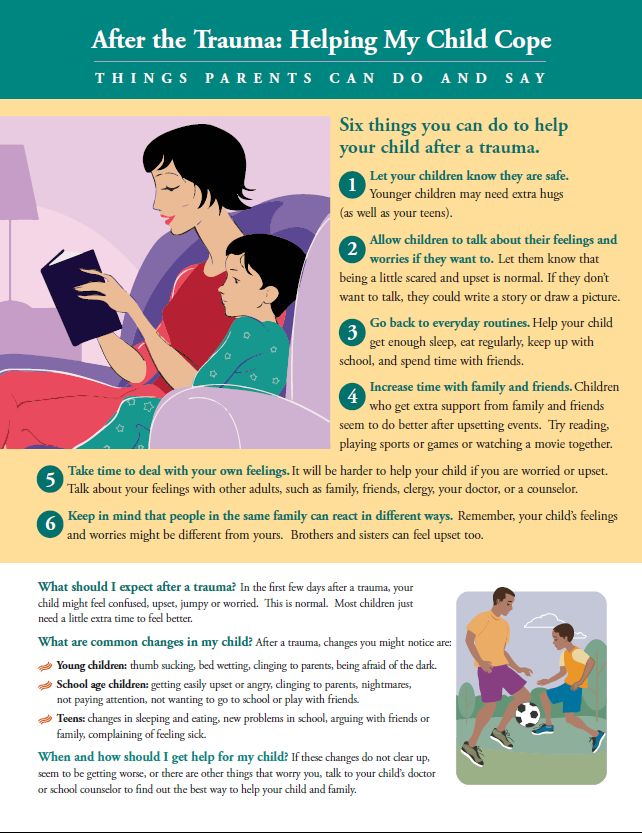
Wash and decorate a wide-mouthed jar, like one that used to contain peanut butter. Then, write or print out journal prompts on slips of paper. Ask your child to pull out one prompt each day and write about it in her journal.
7. Create a family scrapbook
A family scrapbook is a great way to save memories and jump-start your child’s writing. Use an inexpensive photo album to keep souvenirs of things you do together. This can include photos, ticket stubs, and found objects, like pretty leaves.
Your child can begin by writing the date and a line about where you were and what you did. Then, you can work together to write a more detailed summary. Don’t forget to include funny or even annoying moments!
Watch as an expert shares more tips for encouraging your child’s writing, including using dictation (speech-to-text) technology:
This special edition of Growing Readers was created by Understood, a free online resource for parents of children with learning and attention issues.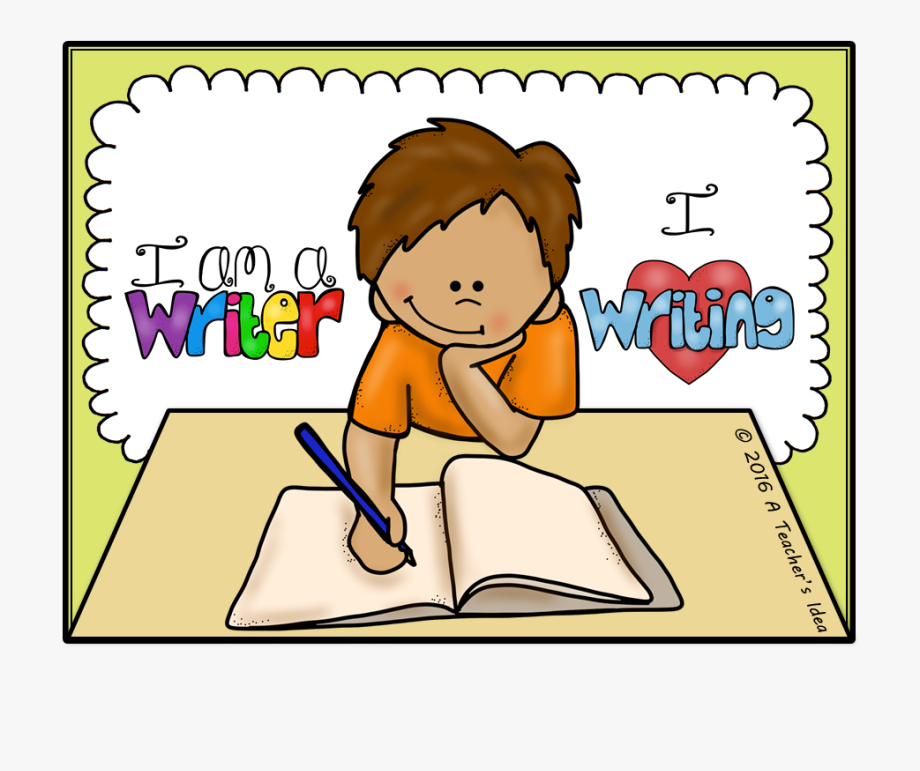 This article originally appeared on Understood.org.
This article originally appeared on Understood.org.
Gift of Life Charitable Foundation
Children's cancer is being treated. We are working so that any child in Russia can receive all the necessary treatment.
Children
They need help right now. What and why - in the story of each child in the "Help the Children" section.
Slava Volosatov
Acute lymphoblastic leukemia
Help
Nurtilek Baktygulov
Nasopharyngeal formation
Help
Stepan Astapov 9009
Acute myeloblastic leukemia
Help
Kolya Zenin
Sarcoma Ying
Help
Timofey Yugov
Acute myeloblastic leukemia
Help
Lisa Volkova
,0002 Aplastic anemia 9000 + another child needs another child.
How can I help?
There are so many different ways. Donation is just one of them. Choose the format that suits you.
Donate
000 ₽500 ₽
or
Pass the blood
to become a volunteer
Help, buying
Share bonuses
Choose a corporate assistance option
+ another 14 ways to help
Projects
what the fund does and how it helps children. Systematic and targeted assistance, volunteering, donation, rehabilitation - in detail, with numbers, so that there are no questions left.
- Help for children in clinics
- Targeted help
Non-combat losses
Free Space published an interview with Yekaterina Shergova, director of the Podari Zhizn charity foundation, about how to save the lives of children when what has been built and developed over the years is being rolled back.
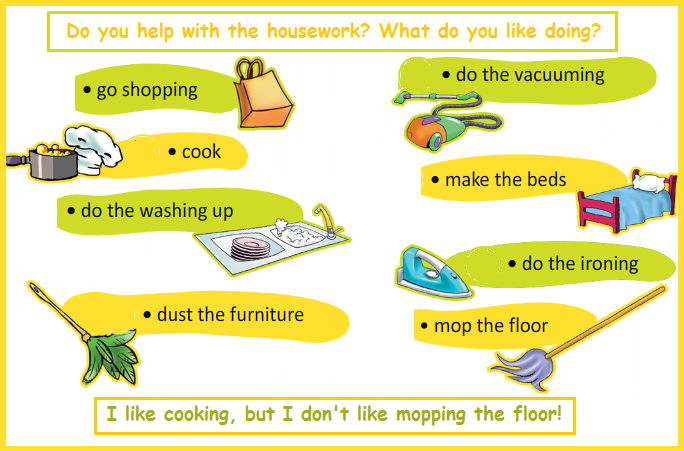
Announcements31.01.2023
Half of her life - in the hospital
Amila is only ten months old, and she spent five of them in the hospital: acute lymphoblastic leukemia. The condition is not very good yet, but the girl does not cry (unlike her mother). The main thing now is that the treatment helps. nine0003
Need help30.01.2023
Friends of the Foundation platform
A birthday, a master class, a rock concert, a tea party with friends — any event can be turned into a charity event. Become a friend of the foundation, raise money for the treatment of children!
Podari.Life
Partner Fund in the USA
podari.life
Gift of Life
Partner Fund in the UK
giftoflife.eu
Children's charity website, help children
Russian Children's Fund Contacts:
The address: 101990, Moscow, Armenian lane 11/2a,
Phone: +7 (495) 625-82-00, Email: info@detfond.
 org https://detfond.org/
org https://detfond.org/ Our news
- Federal
- Regional
- International
On January 30, a literary evening “Yulian Semyonov. No password required"
More details
Funds raised at a charity concert in Kirov will go to the Children's Fund
More details
French pianist Yulian Semyonov-Bridey will give a Charity concert in favor of the Russian Children's Fund
More details
More
Chairman of the Russian Children's Fund and the "Child Protection Fund" D.A. Likhanov shared his plans for 2023
Read more
JSC Goznak, together with the Russian Children's Fund organized humanitarian aid
More
The Russian Children's Fund, together with JSC Goznak, implemented the annual program "Children's Tuberculosis"
More
departments of the Russian Children's Fund and the "Child Protection Fund"
More details
New Year's performance for hearing-impaired children took place in Armenian Lane
More
The Russian Children's Fund wishes you a Happy Christmas!
More
New Year's greetings from the Chairman of the Russian Children's Fund and the "Child Protection Fund", D.
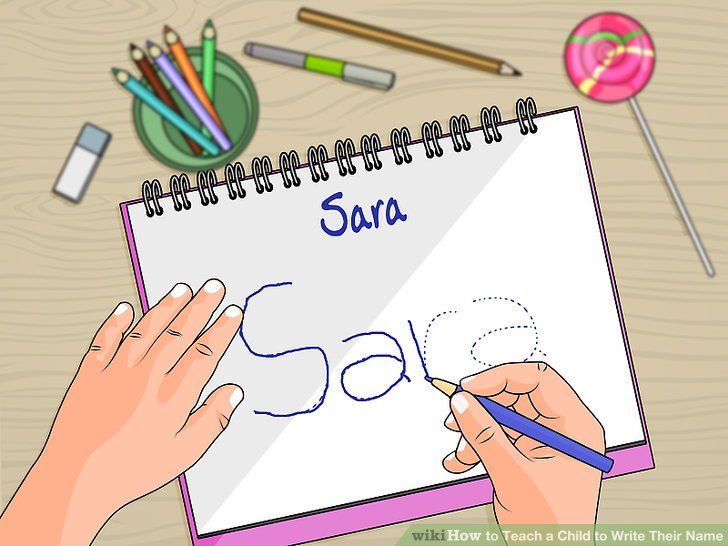 A. Likhanov
A. Likhanov More
President of Russia V.V. Putin congratulated the Chairman of the Russian Children's Fund and the "Child Protection Fund" D.A. Likhanov Happy New Year and Merry Christmas
More
Representatives of the Children's Protection Fund and the Russian Children's Fund visited their wards in Lugansk
Read more
Branch of the Children's Protection Fund
Read more
Children's funds held a New Year's matinee in Severodonetsk
Read more
Personal contribution to
Read more
On December 27, the All-Russian premiere of the New Year series of popular cartoons will take place
More details
Exactly one year has passed...
More details
On December 24, the Spas TV channel will show the film “For the Little Ones”
More details
The organizing committee of the charity marathon “Hurry to do good to the children of the Vyatka land” was approved
More details
In Makhachkala, in the historical park “Russia” - my story" held events dedicated to the International Day of Remembrance of the Victims of the Holocaust
More
Public report of the Omsk branch of the Russian Children's Fund
More
Demyan Sukhanov from Velikiye Luki will go for a hearing restoration operation
Read more
The year 2023 has begun - and the Long Live Surprise campaign is gaining momentum again
Read more fund
More details
Children from the regional tuberculosis sanatorium were baptized
More details
New Year's dreams came true 290 wards of the Children's Fund
More details
More details
More details
More details
More details
More details
More details
Read more
Novosibirsk — New Year's capital of Russia 2023
Read more
Governor's New Year's party in Novosibirsk brought together 1,700 young people from all over the region
More details
The "Magic Academy of Father Frost and Snow Maiden" opened in Ufa
More details
The Children's Fund held an event for families with special children from Ostrov 9002 More details
Emerald beads were presented
More details
The Children's Fund congratulated children with disabilities on the New Year
More details
The chairman of the Dagestan regional branch of the RDF went to Donetsk
Read more
More than 1000 children will take part in the events of the Altai Regional Branch of the Russian Children's Fund
Read more
Read more
An online exhibition of paintings by children from the SCO countries dedicated to the Olympics has opened
Read more
Gratitude from the SCO
Read more
We care about children together with the SCO.
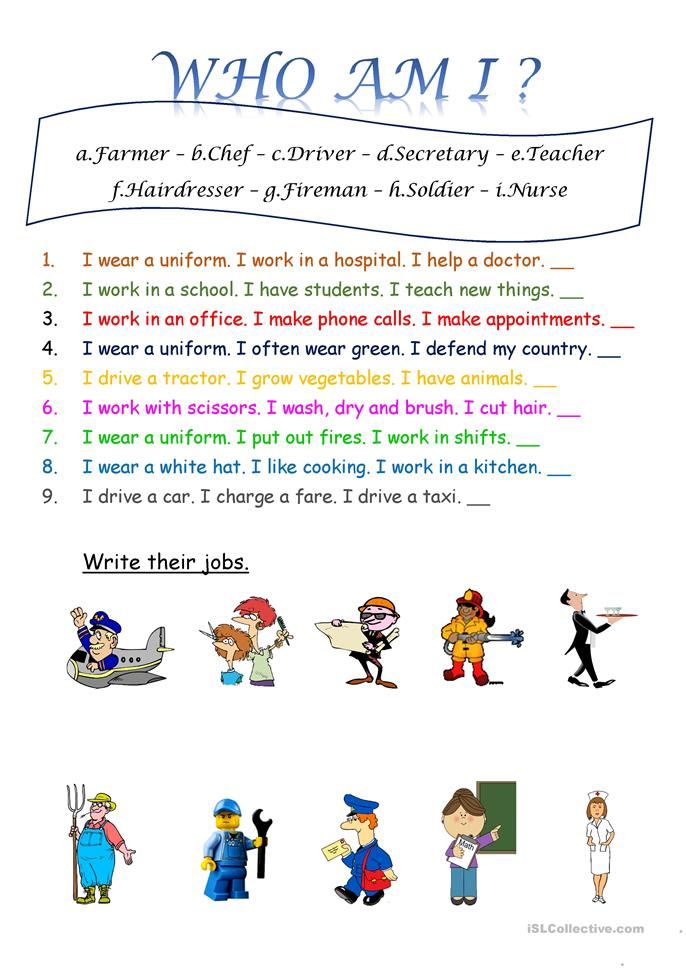
Read more
Remembering Hikmet
Read more
The numbers: give back and multiply
Read more
Key messages and actions to prevent and control COVID-19 in schools. Child Protection and Safe School Operations Guidelines
Read more
RDF will take part in the UNGA Special Session
Read more
November 20 is World Children's Day
Read more
The Russian Children's Fund reaffirmed its UN consultative status
Read more
The Russian Children's Fund took part in the Geneva Peace Week conference on new technologies -19
Read more
Russian Children's Fund takes part in Geneva Peace Week
Read more
Syria 9: facts and figures
Read more
UN honors the work of the Russian Children's Fund
Read more
A pandemic could kill thousands of children around the world.
Read more
UNICEF is responding to the COVID-19 pandemic
Read more
The WHO and UNICEF established the Solidarity and Response Fund for COVID-19
Read more
The Russian Children's Fund joined the FICE International petition
Read more
COVID-19 Global Humanitarian Response Plan
Read more
All news Donate
All news Donate
The numbers speak for themselves
We have been helping children for over 30 years
25,000
25,000 hearing aids have been donated to children with hearing impairments.
